The DASH Mentor Program Announces 3.0 Funding Cycle
Data Across Sectors for Health (DASH) is pleased to announce its 2021 cohort of Mentees. The DASH Mentor Program supports experienced organizations in creating opportunities that foster learning and implementation for small groups of “Mentees.”
Each cohort is led by a DASH Mentor and is composed of teams of local community collaborations that share a common interest in improving their capacity to share multi-sector data as it relates to a particular topic area.
Thirty-five teams of Mentees have been selected to work with one of the DASH Mentors during the 3.0 cycle, which launched in April and runs through November 2021. The DASH Mentors and their subject matter expertise are listed below:
2-1-1 San Diego: Community Information Exchange, community voice and buy-in, stakeholder engagement, vision, and shared governance
Center for Outcomes Research and Evaluation: Developing a shared vision, data strategy, and primary use case; data governance, analytics, data visualization, and dissemination
Civic Canopy: Community engagement, engaging diverse stakeholders, collaboration strategies, buy-in, and trust-building
Corporation for Supportive Housing: Health, housing, and Homeless Management Information System (HMIS) data, partnership building, integrated data systems, open-source data integration technology
Drexel University Urban Health Collaborative and University of Pittsburgh Center for Social Urban Research: Developing collaborative local data partnerships, data ecosystem mapping, community indicator dashboards, civic data literacy, data organization, and management
Elevate Health: Community engagement, accountable communities of health, continuum of care networks, sustainable financing by blended and braided funding
United Way Worldwide: Care coordination for United Ways, collective impact, strengthening and leveraging 211 data
DASH Mentors help to build the skills and capacity of participants that are working at the community or regional level to:
Build and design data systems to routinely share data across sectors; and/or
Design or implement initiatives based on shared multi-sector data that support community goals.
Engage community members/people with *lived experience and staff of organizations from multiple sectors in planning for shared data systems.
